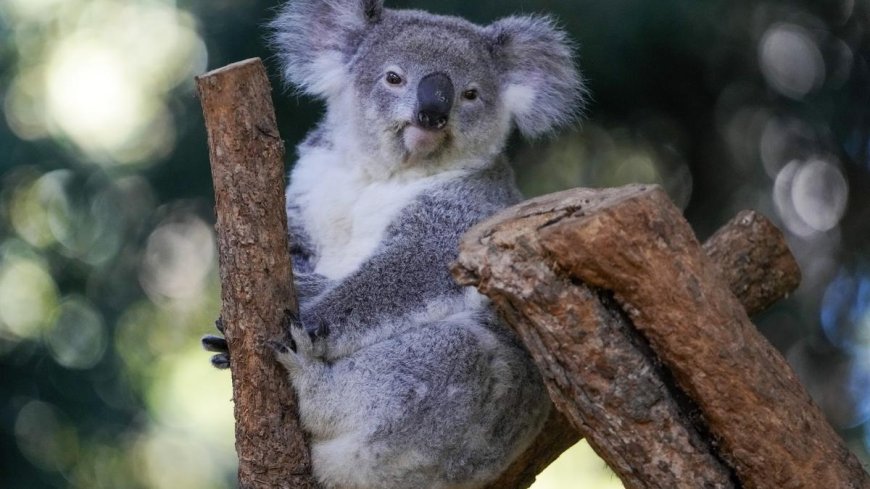Australian State culls 700 starving koalas after bushfire, stoking controversy

Australian State Culls 700 Starving Koalas After Bushfire, Stoking Controversy
Asarkari - Sarkari News, Jobs & Updates
By Neeta Sharma, Team Asarkari
In a shocking turn of events, the Australian state of New South Wales has made headlines for culling 700 koalas that have been left starving in the aftermath of the devastating bushfires that raged through the region. This controversial decision has sparked widespread debate concerning wildlife conservation and the ethical treatments of animals following natural disasters.
The Background of the Crisis
The catastrophic bushfires that occurred in Australia over the past few years have left significant ecological damage, particularly impacting the koala population. Once thriving in their natural habitats, koalas are now struggling to survive due to the loss of eucalyptus trees, their primary food source. Reports from wildlife rescue groups indicate that many koalas are suffering from starvation, dehydration, and disease since losing their homes and food sources in the fires.
The Decision to Cull
In a move that has drawn ire from animal rights activists and the general public, the New South Wales government has approved the culling of 700 koalas as a means to manage animal welfare. Officials argue that the culling practices are intended to prevent suffering among starving koalas, as many would not be able to survive in the wild under current conditions. The intention is rooted in ecological management measures to ensure the health of the remaining koala populations.
Public Outcry and Controversy
The decision to cull koalas has ignited a firestorm of backlash from conservation groups and animal rights advocates. Many argue that the culling decision is ethically problematic, raising questions about the methods used for wildlife management. Organizations like the Humane Society and local conservationists have stepped forward to challenge the government's decision, advocating for alternative solutions such as habitat restoration and emergency feeding programs.
Calls for Sustainable Solutions
In light of the controversy surrounding the culling, calls for sustainable wildlife management solutions are gaining momentum. Advocates urge the government to invest in habitat restoration projects, along with creating protected zones for wildlife. Environmental experts suggest that proactive measures should be taken to rehabilitate affected ecosystems, ensuring that species like the koala can thrive in the future.
The Bigger Picture
This troubling event serves as a reminder of the fragile balance between human activity and nature, particularly in the face of climate change. As natural habitats continue to dwindle, wildlife will be increasingly vulnerable to such crises. Stakeholders are urged to consider long-term strategies that will foster coexistence between humans and wildlife rather than resorting to culling, which remains a contentious approach.
Conclusion
The culling of 700 starving koalas in New South Wales reflects a critical intersection of wildlife conservation, ethical governance, and public opinion. While the government cites humane intentions, the public's response signifies a demand for accountability and environmentally conscious decision-making. It is a call to action for all stakeholders involved to work together to develop sustainable solutions to protect Australia’s unique wildlife for generations to come.
For more updates, visit Asarkari.com.
Keywords
Australian state, culls 700 koalas, starving koalas, bushfire, wildlife conservation, ethical treatment of animals, animal rights, New South Wales, habitat restoration, climate change, public outcry, sustainable wildlife management.What's Your Reaction?
 Like
0
Like
0
 Dislike
0
Dislike
0
 Love
0
Love
0
 Funny
0
Funny
0
 Angry
0
Angry
0
 Sad
0
Sad
0
 Wow
0
Wow
0









































